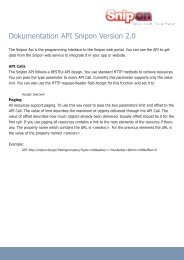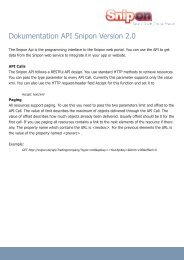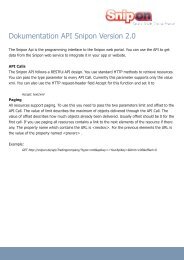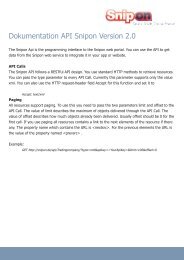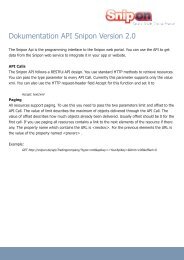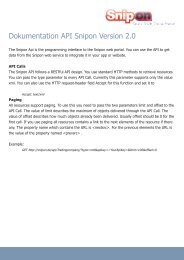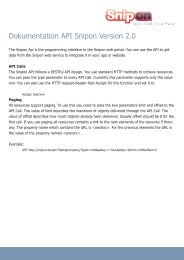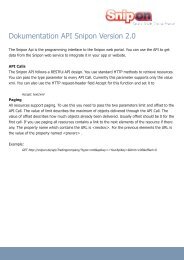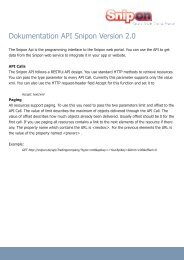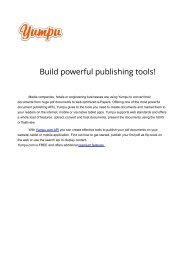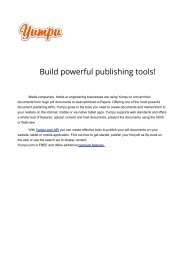test_pdf.pdf
You also want an ePaper? Increase the reach of your titles
YUMPU automatically turns print PDFs into web optimized ePapers that Google loves.
ADDRESSING<br />
FUTURE<br />
ARMS<br />
CONTROL<br />
AND SECURITY<br />
PROBLEMS<br />
before that, which would be a lot of hard political heavy lifting in Russia. So we need to make it enough in<br />
Russia’s interest to motivate people to do that kind of hard political heavy lifting.<br />
On what’s stopping things from going faster, I wish I knew. At the moment we appear to have presidents<br />
in both countries who are genuinely concerned about terrorists getting weapons of mass destruction.<br />
I believe that in both cases we have presidents who think that that’s probably only likely to happen if a<br />
hostile state actually gives it to them. Therefore, the policy prescription is, take on the hostile state. Take on<br />
Iraq as being a leading example for Bush.<br />
That is the less likely of the possible ways that terrorists could get weapons of mass destruction. I think<br />
the much more likely way, in the case of nuclear weapons at least, is this nuclear material that’s inadequately<br />
secured. I think if President Bush and President Putin, (a), understood (audio break, tape change)….are<br />
operating in good faith and they wouldn’t take the actions if they saw the opportunities available to them<br />
and saw the urgency of the need. The agenda for us is trying to convince those two individuals or whoever<br />
ends up in those slots in the future that this is a big threat and there’s a lot they can do about it.<br />
MS. KELLEHER: I know there are many more questions. Richard, just a very small comment, please.<br />
MR. SPEIER: I think your question about why not now is a very good one, and as someone who worked<br />
for over a decade on nuclear nonproliferation before getting into missiles, the fact is that all the plans now for<br />
getting rid of excess nuclear materials will take many, many decades—50, 70, 90 years. It’s very frustrating.<br />
In the mid-1990s some RAND colleagues and I proposed an approach where we would take excess nuclear<br />
material out of the U.S. and Russia and put it under international physical security custody in a third<br />
country.<br />
This was similar to an approach that was of interest to the Joint Staff in the early 1990s. It was written<br />
about very favorably by Jessica Mathews in the Washington Post. She mentioned a country that we had<br />
suggested as the repository for this material. The country suggested that they’d be interested in negotiating<br />
it, but it never went anywhere. There are many reasons, but one is that we are now so fully committed to this<br />
path of 50, 70, or 90 years to really get rid of this material. It’s a shame that we can’t step back and look at<br />
much quicker ways to take this material out of harm’s way.<br />
64<br />
64



